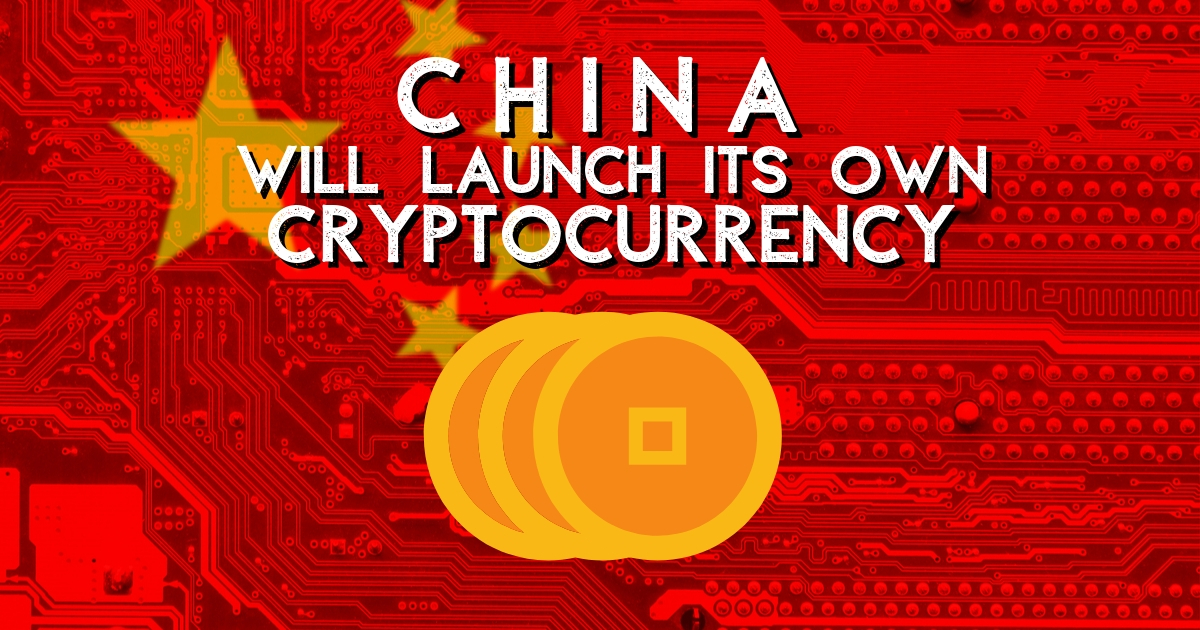I’ll end this by stating that ultimately, even though the crypto market is absolutely booming, sometimes it’s actually worth while to take the time to read into projects that you wouldn’t necessarily be interested in had you have taken a look at face value. https://test.com/ Remember folks, that complacency leads to mistakes and regret. if you truly care about doing your own research, then sometimes you can be rewarded for your efforts…
Hardware / Offline / Cold Wallet- an offline storage device (e.g. hard disk, USB stick). You might’ve heard the names Ledger or Trezor, these are the 2 biggest brands at the moment. The ledger supports over 1200 cryptocurrencies, while Trezor supports over a thousand. It is also the most secure way to store your cryptocurrencies.
If you choose to go the physical way of storing keys I highly recommend that you buy a piece of soft metal and a cheapest dremel tool to etch the keys into the plate. it takes about 20 minutes to get it done but its 1000x times safer. Paper burns, gets wet, gets eaten by pets and such.
China cryptocurrency
It sees a need for greater consistency on the regulation and oversight of crypto assets activities given the cross-border nature of the markets, which creates “significant risk of harm” for investors.
These pro-blockchain, anti-cryptocurrency policies are a step in the right direction, given that the public still lacks the right understanding. Although, in the short term, they limit retail investor funding in highly speculative start-ups, they allow, in the longer term, higher calibre and better-resourced players to unlock real value from the technology. One such company is Alibaba, who in April 2017 decided to establish the very first blockchain industrial zone, nicknamed the Blockchain Valley, located at Alibaba’s Hangzhou HQ. Their pathway is now followed by other major tech companies establishing their own blockchain R&D centres, often in collaboration with one of over 150 Chinese blockchain-enabled companies.
In the ashes of the 2008 global financial crisis, a mysterious person or group of people going by the name Satoshi Nakamoto created Bitcoin. Their aim was a more decentralized world, free from intervention by centralized institutions such as central banks. How a tool is adapted generally reflects the principle, not the tool, however – and the irony Satoshi’s original libertarian followers might have to swallow is that one of the most powerful centralized institutions in the world, PBOC (People’s Bank of China) – China’s central bank – could be adopting Bitcoin’s underlying technology, blockchain, to digitalize the RMB.
According to the Chainalysis Blockchain data platform, more than $50 billion worth of cryptocurrency left East Asian accounts to areas outside the region between 2019 and 2020. As China has an outsized presence in East Asian cryptocurrency exchanges, Chainalysis staff believe that much of this net outflow of cryptocurrency was actually capital flight from China. Although Chainalysis does not have a definitive figure for how much capital fled China between 2019 and 2020, they estimate that it could be as high as $50 billion.
China is already the most cashless large economy in the world, thanks to the duopoly of mobile payment apps – WeChat, by Tencent, and Alibaba’s Alipay. In 2017, the US hosted a total of $337 billion in online payments. In China, it was a whopping $15.7 trillion, $3.2 trillion more than Visa and Mastercard’s combined global volume. But Alibaba and Tencent are not owned by the state and it is highly unlikely the Chinese government will allow such a crucial shift to be controlled by private companies.
Almost simultaneously, the United States Department of the Treasury issued a framework for international engagement on digital assets, which organizes collaboration across the G7, the G20, the Financial Stability Board (FSB), the Financial Action Task Force (FATF) and the Egmont Group of Financial Intelligence Units (FIUs), the Organization for Economic Cooperation and Development (OECD), Other Standard-Setting Bodies (SSBs), the International Monetary Fund (IMF), The World Bank and other Multilateral Development Banks (MDBs) and other regional and bilateral engagements.

Elon musk cryptocurrency
Elon Musk is a prominent figure in the world of cryptocurrencies, known for his involvement and influence within the industry. As the CEO of Tesla and SpaceX, Musk has garnered significant attention for his interest and support of digital currencies like Bitcoin and Dogecoin. While his statements and actions have had a notable impact on the market, it is important to approach his involvement with a critical lens, considering the volatile nature of cryptocurrencies. Musk’s tweets and public endorsements have often led to significant price fluctuations, causing both excitement and concern among investors.
We weten allemaal hoeveel invloed Elon Musk op de cryptomarkt heeft. Flockerz is dan ook een zeer goede kandidaat voor een nieuwe Elon Musk crypto, vooral in deze tijd waarin trending meme coins en nieuwe tokens toenemen.
Musk staat natuurlijk bekend om zijn uitspraken over DOGE die aanzienlijke prijsrally’s hebben veroorzaakt. Dit maakt het niet zo gek dat hij ook hier in investeert. Recent is dit nog het geval geweest. Zo lieten we tijdens eerder cryptonieuws weten hoe Musk zijn mogelijke betrokkenheid bij een ‘Department of Government Efficiency’ (D.O.G.E.) besprak, tijdens een Trumprally.
Trying to measure the exact impact any single event has on the market is often futile, but the correlation between dogecoin’s rise and Musk’s praise is undeniable. While other billionaires (such as Mark Cuban) and celebrities hopped on the DOGE bandwagon, Musk was often the most outspoken in his attempts at memeing the canine cryptocurrency “to the moon.”
But remember, just because Musk or another influencer or executive tweets about a cryptocurrency does not mean it is valuable or a good investment. Feeding into social media hype will often result in money lost, experts warn.